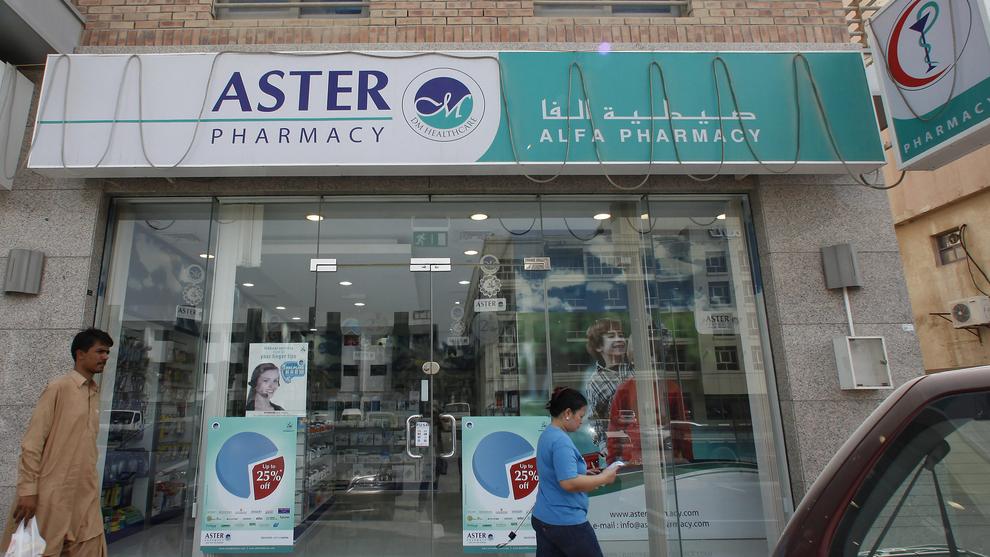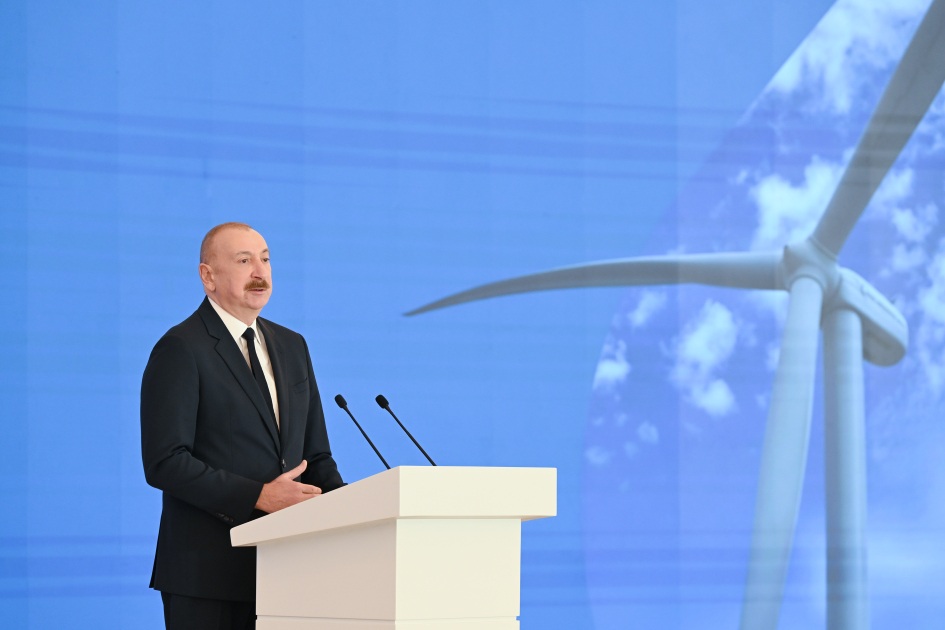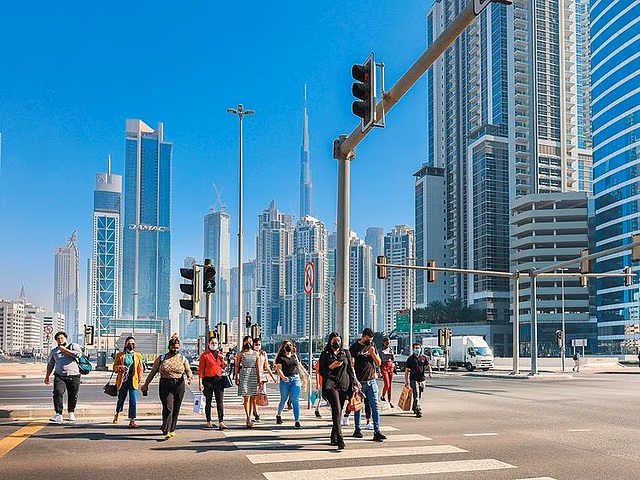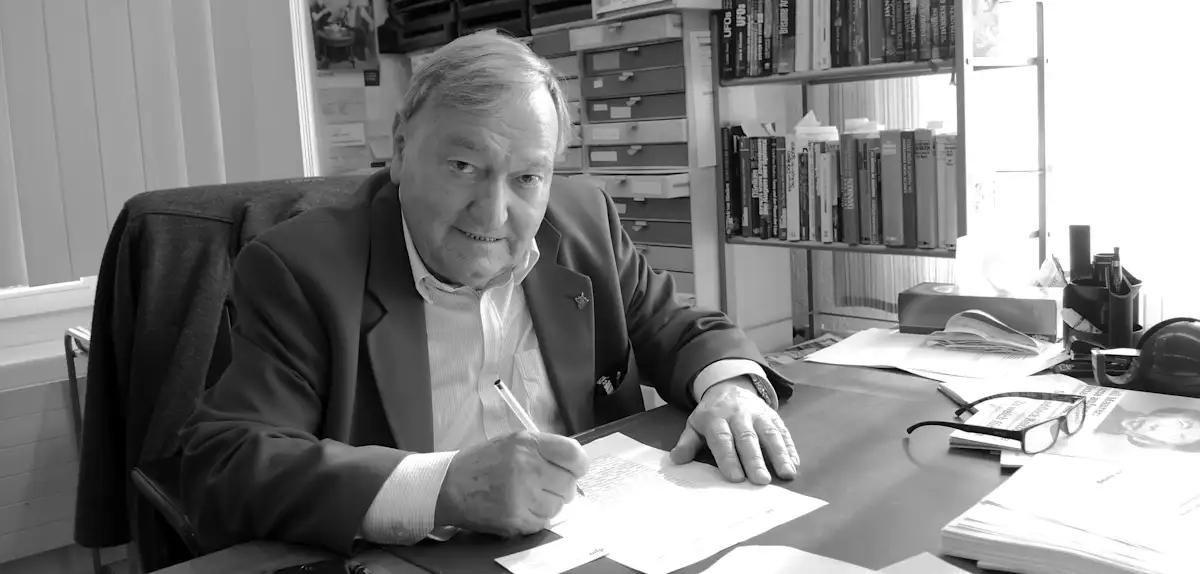
Dr Azad Moopen, who has built Aster DM Healthcare from a single-doctor practice into a multinational corporation over the last 30 years, has a stack of awards.
He has a gold medal from the medical college where he trained, a top doctor award from the government of Kerala, and one of India’s highest civilian awards, the Padma Shri.
On top of his pile of certificates he keeps a letter from the brother of a patient who died under his care, thanking him for the treatment and care he had given.$153m
What Aster DM raised in its India IPO
On July 1, India’s National Doctor’s Day, Moopen, chairman and managing director of Aster DM, posted the letter to social media, telling doctors, “this is our greatest reward.”
“You lose a lot of things in your life — many things which you really, really like to do,” he said in an interview at Aster’s corporate headquarters in Business Bay, Dubai. “You lose it in life and you compromise for something else.”
“For me, the passion, the most important thing, the closest thing to my heart was teaching. I was a medical teacher. I used to teach and that is something that is so closer to my heart. And then it was treating, treating patients. I was treating patients, and now I am not able to treat patients.”
Moopen never intended to start a medical business. “I consider this as a mere accident, to start with at least. OK, later I may have thought about it and maybe did some strategic thinking and later formed a company then others started thinking how to make it big and things like that. But to start with this was mere accident because I came to UAE to work for two years and go back.”80%
Aster’s income and profits coming from the GCC
He came to the UAE to work with a friend who had a practice in Ajman, but who encouraged Moopen instead to create his own practice in Dubai. Building that into a business operating in nine countries, with 20 hospitals, 104 clinics and more than 200 pharmacies under the Medcare and Aster brands was, he says, simply being in the right place at the right time among the right people.
“I tell everybody that God decides, and you have to work hard, but God gives you the opportunity. And when opportunity comes and knocks at your door, at least open it and don’t complain of noise pollution.”
Pharmacy sector
In February Aster DM raised $153 million (Dh561.5 million) in its India IPO — money the firm said would be used to pay debts and fund business expansion.
Moopen is eyeing Saudi Arabia, particularly in the pharmacy sector. Last month Saudi Arabia opened the medical clinics sector to foreign ownership — previously it had only allowed hospitals — and Moopen expects retail pharmacies to follow, though Saudi’s regulatory environment can be difficult to work through — “It took us five years to start a hospital there,” Moopen noted. “It’s not easy.”
Nevertheless, Aster has built up a model of locating clinics and pharmacies close to each other, a model now being adopted in the US, with chains such as Walgreens and CVS opening primary care clinics near their retail pharmacies. “We hope that this model will be able to replicate in countries where it is allowed, and this can significantly improve the effectiveness of the pharmacy sector.”
Despite its Indian IPO — and the attractions of a huge market — Moopen does not foresee significant expansion in India.
“Eighty per cent of our incomes and profits come from the GCC, twenty per cent from India — overall revenue as well as profit. That’s the split.”
Challenge
Furthermore, in the GCC hospitals tend to rent buildings, where as in India hospitals are usually built by the operator. “In India it is very capex heavy, whereas here it is capex light … Heavy investment is there, and it very badly affects your return on capital. Your ROCs are much lower in India, whereas it is much better here.”
The biggest challenge facing the health care sector is a shortage of trained medical personnel, he said.
“Getting qualified people is becoming more and more difficult. That’s a requirement for all the countries, for that matter, to invest more into education and research. More and more people are required. If you look at any country for that matter there will be a deficiency of doctors, paramedical staff and all — and GCC countries especially.”
Aster operates two nursing colleges and a paramedic college in India, and its medical college has just seen its first cohort of 150 doctors graduate. “We were people who were withdrawing from the pipeline of health care professionals. Now we are also providers to that.”
Moopen believes the health care sector is on the cusp of dramatic technological transformation. He says the sector has not adapted to technology as well as other sectors. Though there have been great strides in diagnostic tools and treatment, he said, “90 per cent of health care, even now, happens the old way, the traditional way, and that is something that has to transform. We see changes happening and we want to be ahead of the curve.”
He predicts that telemedicine will become more widespread, with patients consulting doctors over the internet, and any prescriptions being filled online and delivered to a patient’s door. Medical records can be consolidated online, so available to any doctor, rather than each provider holding its own records of a patient.
“What I am trying to say is that history taking, investigations, all this can happen on an outpatient basis without people coming to the doctor. That’s a transformation which will happen. I’m sure it’s going to happen.”
Medical tourism in the UAE
The Dubai government has been promoting the city as a medical tourism destination for several years.
Its efforts are having an impact in some areas of health care, notably in cosmetic and plastic surgery, but progress is slow because of the lack of world-class expertise. It is, Dr Moopen says, a chicken and egg case.
“The situation in Dubai is that as such the population here is not very high, unlike countries like India or Egypt. The population is very small, so you may not have for a highly qualified doctor the number of cases that are required to keep his hands busy.
“So this coming in of patients from various countries will increase that number, and that will increase the interest of doctors to come and practise here. It is a process which is happening and I think it is moving in the right direction and Dubai will, according to my prediction, become a destination for health care.
“It will happen, but it is going to take some time.”
Soure: Gulf News





